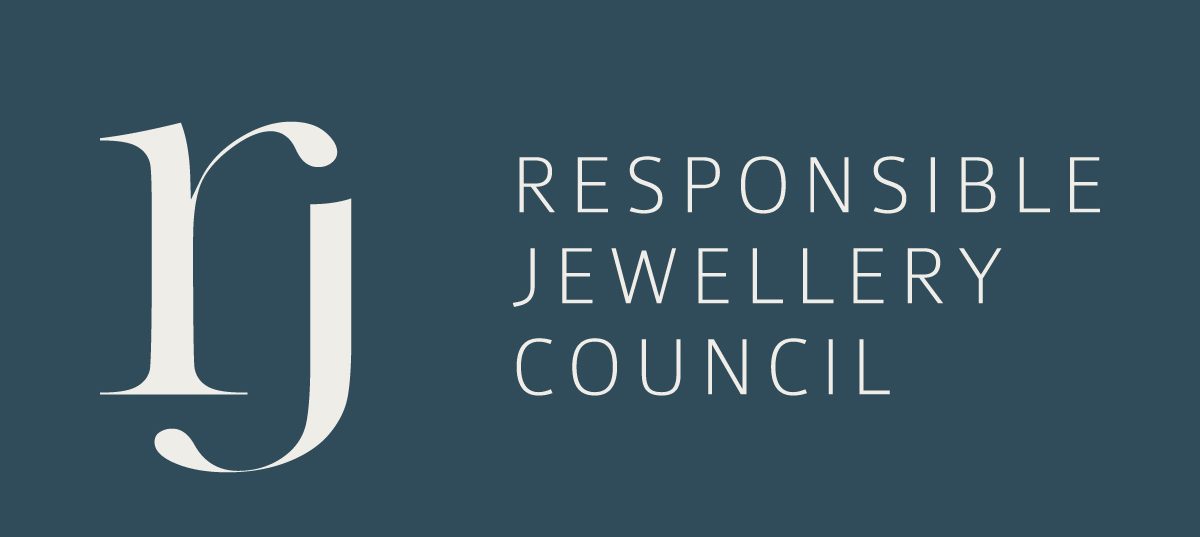The Responsible Jewellery Council (RJC) is a global nonprofit organization that aims to promote responsible and ethical practices throughout the jewelry supply chain. Founded in 2005, the RJC has become a leading authority in the industry, offering certification and guidance to companies committed to sustainability and social responsibility. In this article, we will delve into the mission and initiatives of the RJC, explore their standards and certification process, and highlight the significant contributions they have made towards a more responsible jewelry industry.

Setting the Standard for Responsibility:
The RJC has developed a comprehensive set of standards known as the RJC Code of Practices, which covers various aspects of sustainability, human rights, and ethical business practices. These standards address key areas such as labor rights, environmental impact, product disclosure, and supply chain integrity. By complying with these standards, jewelry companies can demonstrate their commitment to responsible practices and earn RJC certification.
Certification Process and Integrity Assurance:
To become RJC certified, jewelry companies must undergo a rigorous assessment conducted by independent, third-party auditors. These auditors evaluate the company’s practices against the RJC Code of Practices and verify compliance with the set standards. The certification process ensures transparency, integrity, and accountability throughout the supply chain. Companies that successfully meet the RJC’s requirements are granted certification, indicating their dedication to responsible practices.
Promoting Sustainable Supply Chains:
The RJC recognizes the importance of establishing sustainable supply chains within the jewelry industry. They encourage companies to source materials from responsible suppliers, promote fair trade practices, and support the development of local communities. By doing so, the RJC aims to minimize the environmental and social impact of jewelry production while fostering economic growth and empowerment.
Driving Positive Change:
The RJC actively collaborates with industry stakeholders, including jewelry brands, manufacturers, retailers, and civil society organizations, to drive positive change within the jewelry sector. By engaging in dialogue and sharing best practices, the RJC facilitates knowledge exchange and encourages continuous improvement across the industry. Through their advocacy and initiatives, the RJC is pushing for greater transparency, accountability, and sustainability in the jewelry supply chain.
Educating Consumers:
In addition to their work with industry members, the RJC plays a vital role in educating consumers about responsible jewelry choices. They raise awareness about the importance of buying from certified jewelry companies and the positive impact it can have on communities and the environment. By empowering consumers with knowledge, the RJC encourages them to make informed decisions that align with their values and contribute to a more sustainable future.
The Responsible Jewellery Council (RJC) has emerged as a leading force in promoting responsible and ethical practices within the jewelry industry. Through their comprehensive standards, rigorous certification process, and collaborative approach, the RJC is driving positive change across the supply chain. By supporting sustainable sourcing, protecting human rights, and empowering consumers, the RJC is reshaping the jewelry industry towards a more responsible and sustainable future.